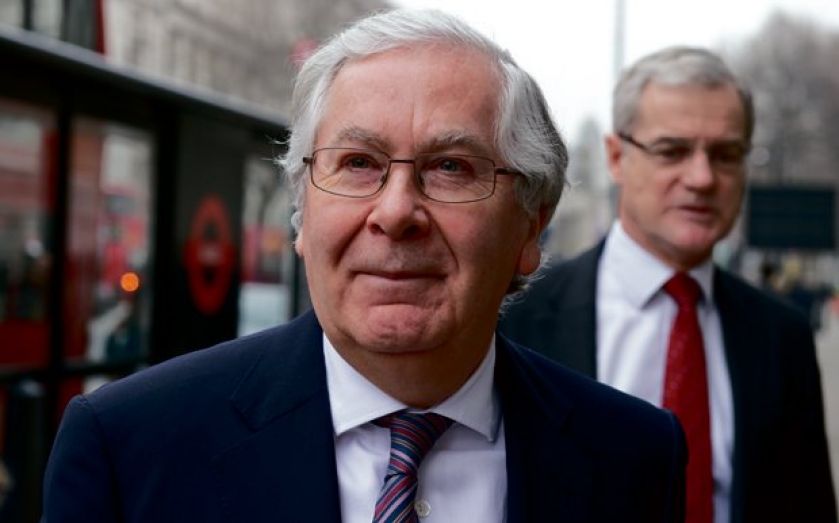Bank of England financial crisis files: Crash pushed regulators to the brink

The Bank of England was pushed close to breaking point during the financial crisis, according to previously unseen documents published today, with staff exhausted and bosses struggling to keep up with the pace of events.
Officials repeatedly underestimated the scale of the crash, hoping the steps taken to address each problem – such as the failures of Northern Rock, RBS and Lloyds – would be enough to stop the situation getting worse.
And the minutes of the Court of the Bank show bickering between the Bank, the Treasury and the Financial Services Authority as they battled to work out how to fix the crisis.
“The financial crisis was a turning point in the Bank’s history,” said governor Mark Carney, who has led a radical restructuring of its operations based on the problems encountered before and during the crisis.
Staff had not been prepared for such a long, intense crash – by early 2009 the minutes warned of “cumulative fatigue amongst senior managers.”
But despite a sizeable budget hike, it still struggled to attract high quality staff to share the burden, particularly with financial markets expertise.
Minutes show that in October 2007, the main concern was making sure Northern Rock’s collapse was contained, before an expected recovery.
“Looking further ahead the implied forward rates in financial markets suggested conditions were unlikely to be back to normal for a further three to six months,” the documents state.
Instead, the events heralded the beginning of the biggest recession in 80 years.
In 2008, with the bailouts of RBS and Lloyds, the Bank again hoped a line had been drawn under the crisis and predicted the economy could take off in late 2010 – something which only fully took place in 2013 and 2014.
Meanwhile there were intense arguments between different regulators, and with the government of the day.
In 2009 the Bank wanted power to look through lenders’ data, but was blocked – because ministers would not admit the system was flawed.
MPs and policymakers today focused criticism on the Bank’s Court.
Ex-policymaker Danny Blanchflower points to October 2008 when a disapproving reference is made regarding his warnings on the economy.
“There is no mention of RBS, no mention of a huge recession coming, and all they can do is be critical of the single person who actually saw it,” he told City A.M.
Jesse Norman MP, who sits on the Treasury Select Committee, said the Bank still needs to take more action.
“The Bank has undoubtedly taken steps in the right direction, but considerably more needs to be done to make the Court a really effective board,” he said. But Sir Win Bischoff, a leading figure at both Citi and Lloyds, believes the Bank performed well.
“At the time, we should remind ourselves, commentators around the world said it was Gordon Brown’s finest hour, and some credit should go to the Bank of England,” he said.